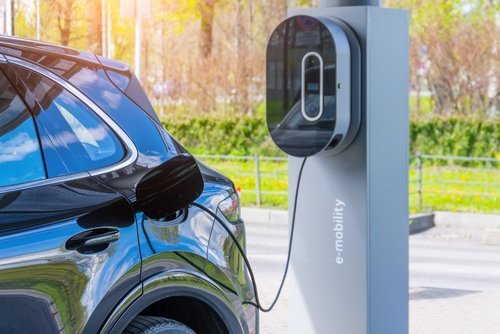Stellantis Ventures, the corporate venture fund of Stellantis N.V. announced that it has invested in California-based material innovations company, Lyten Inc. (Lyten) to speed up the commercialization of Lyten's propriety 3D Graphene, and develop applications for lithium-sulfur batteries and vehicle sensing solutions.
Lyten is a pioneer of 3D Graphene and aims to leverage the unique tunability of the material to enable improved vehicle performance and customer experience while supporting the global transition to electric vehicles. Further, Lyten's lithium-sulfur batteries do not use nickel, cobalt or manganese and thereby offer a lower carbon footprint alternative to the traditional li-ion batteries.
"We are delighted that Stellantis Ventures, as the venture investment arm of a global automotive innovator, has demonstrated a strong belief in our company and our Lyten 3D Graphene decarbonizing super materials, said Dan Cook, President and CEO of Lyten.
"Unlike two-dimensional forms of graphene, the production of our tunable Lyten 3D Graphene has been independently verified to be carbon neutral at scale. We are converting greenhouse gases into a new class of high-performance, high-value carbon materials and are incorporating these tuned materials into applications that will decarbonize the hardest to abate sectors on the planet."
According to Lyten, its Lyten 3D Graphene is capable of transforming lithium-sulfur batteries with the potential to deliver more than twice the energy density of lithium-ion, payload-improving lightweight vehicle composites, and new modes of sensing without requiring chips, batteries or wires.
"Having recently visited Lyten together with our CTO Ned Curic and our head of Stellantis Ventures, Adam Bazih, we walked away impressed by the potential of this technology to help drive clean, safe and affordable mobility," said Carlos Tavares CEO of Stellantis.
"Lyten's materials platform is a key investment for Stellantis Ventures, in line with our Dare Forward 2030 goal to accelerate the deployment of innovative, customer-centric technologies. Specifically, Lyten's lithium-sulfur battery has the potential to be a key ingredient in enabling mass-market EV adoption globally, and their material technology is equally well positioned to help reduce vehicle weight, which is all necessary for our industry to achieve carbon net zero goals."
Lyten will be producing its lithium-sulfur batteries, composites, and sensor technologies on its 145,000-square-foot campus in Silicon Valley. The company is currently in talks with strategic investors for the application of Lyten 3D Graphene across multiple industries which will help decarbonize carbon-intensive sectors beyond transportation.
Read More

